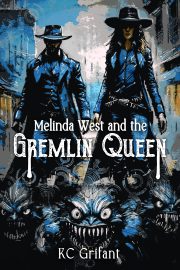Tips and Tricks For Writing Audio Drama
By Katie Gill In recent years, audio drama has made a comeback in the form of narrative podcasts, which have gone from relative niche to mainstream markets. Audio drama series have been adapted into successful books, seen financial success on crowdfunding sites like Patreon, and launched Netflix adaptations. Likewise, the pandemic-era growth in remote recording […]


